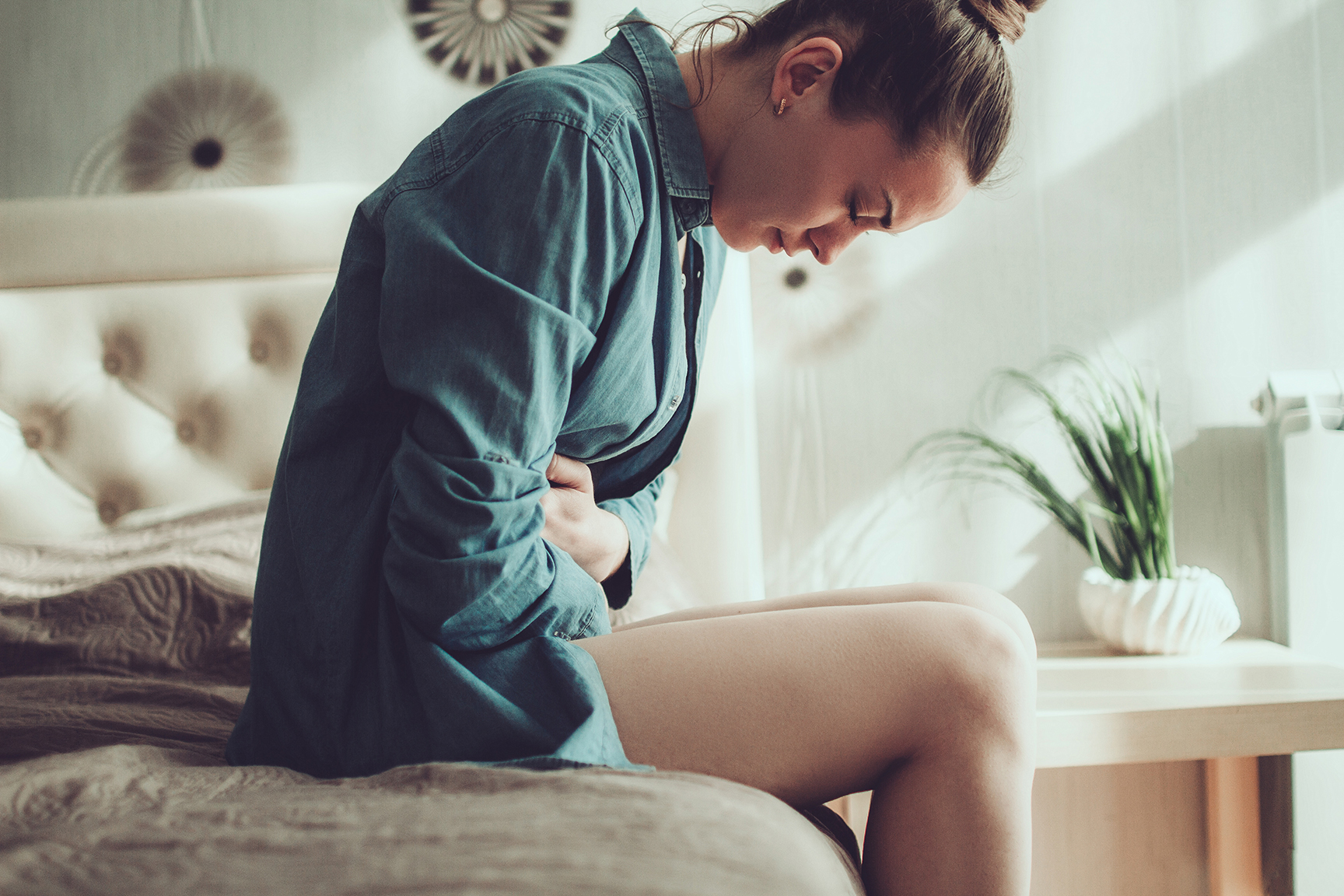
What a woman should know about her menstrual cycle
The menstrual cycle is defined as a set of monthly changes that occur in a woman's body, as the blood of the lining of the uterus begins to descend, and it is accompanied by a group of symptoms such as pain and cramps in the lower abdomen with some fluctuations in the psychological state, and it indicates the woman’s puberty and her ability to conceive.
Date of your period
• A woman’s menstrual cycle begins at the age of 12 to 14 years, but some girls may occur earlier or later than that.
• Women’s menstrual cycle occurs approximately every 28 days. However, there are some differences in the cycle from one woman to another, as it may range from 24 days to 35 days.
• When the period occurs regularly, this indicates the health of the woman’s reproductive system. As for the irregularity of the menstrual cycle, it may indicate the presence of hormonal disorders and the woman’s need to follow up with the gynecologist.
Features of the menstrual cycle
• The menstrual cycle also differs from one woman to another in terms of abundance and the duration of its descent. Some women have a light menstrual cycle that lasts for a few days, and others have a heavy menstrual cycle that lasts for long days.
• The menstrual cycle usually ranges from 3 to 5 days, and it can last up to 7 or 8 days for some women.
• But it is not required that the blood of the menstrual cycle continues at the same rate every month, as there are many factors that control this matter.
PMS symptoms
There are some symptoms that a woman can feel before the start of the menstrual cycle and during its occurrence, these symptoms differ from one woman to another, and include:
The appearance of acne: Many women notice the appearance of pimples on the face before menstruation.
Feeling pain in the lower abdomen: The pain can extend to the back as well.
Change in the psychological state: the woman becomes more nervous and feels nervous during the period of her menstrual cycle.
Headache: Headache during menstruation is caused by changes in estrogen levels.
Oversleeping: A woman's desire to sleep for longer periods of time during her menstrual cycle increases.
Changes in the breast: some changes can occur in the size of the breast in addition to the feeling of pain when pressing on it for some women.
Digestive disorders: Some women experience digestive disorders during the menstrual cycle, and this causes constipation or diarrhea, in addition to bloating and gas.
Body swelling: Some women experience swelling in various parts of the body during or before the menstrual cycle, and these swelling fade with the end of the menstrual period.
Menstruation and pregnancy
Every woman has two ovaries, and each ovary carries a group of eggs of small size, and ovulation occurs in a woman during the eleventh day to the twenty-first day of the start of the menstrual cycle, which is the period called ovulation.
During ovulation, pregnancy can occur in a woman through fertilization of the egg with sperm, and some women can feel the symptoms of ovulation, which is a pain in the lower abdomen or on one side, and the woman may not feel these symptoms.
When does the menstrual cycle stop?
• A permanent cessation of the menstrual cycle occurs during the menopause stage, which can occur after the age of 45, and women may notice some symptoms during this stage, such as menstrual disturbances resulting from hormonal disorders, as estrogen levels decrease, and thus women cannot get pregnant with no menstrual period.
• The menstrual cycle also stops in the event of pregnancy in a woman, and therefore the lack of menstruation indicates the occurrence of pregnancy, which is a temporary halt, as the menstrual cycle returns again after childbirth.
What affects the menstrual cycle?
There are some things that can affect the menstrual cycle, the most important of which are:
Psychological state: Psychological stress and nervous tension can cause irregular and delayed menstruation.
Following a diet: In the case of a diet to lose weight, a woman may notice some disturbances in the menstrual cycle.
Exercising vigorously: such as strenuous exercise, causing changes in the menstrual cycle.
To maintain the menstrual cycle, the woman must maintain a correct lifestyle that depends on eating healthy foods, exercising in moderation, getting good sleep periods, and avoiding stress and anxiety.
